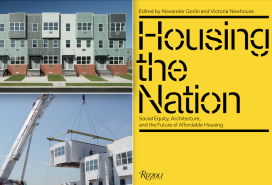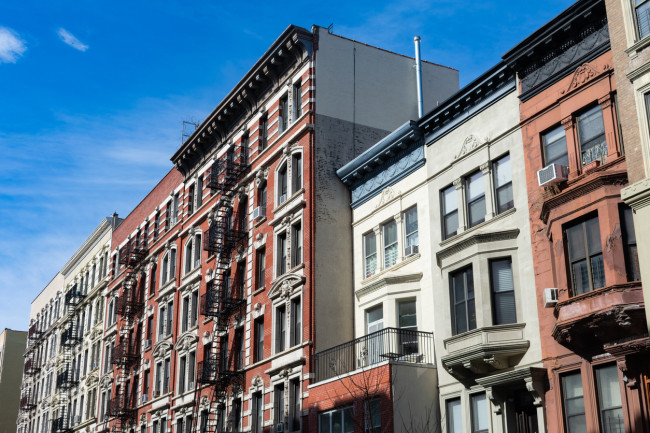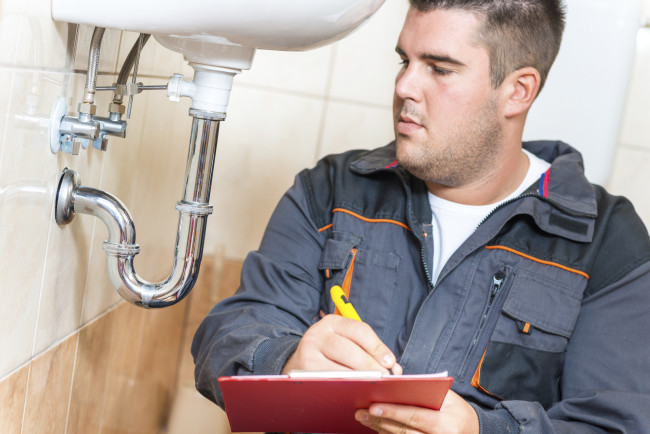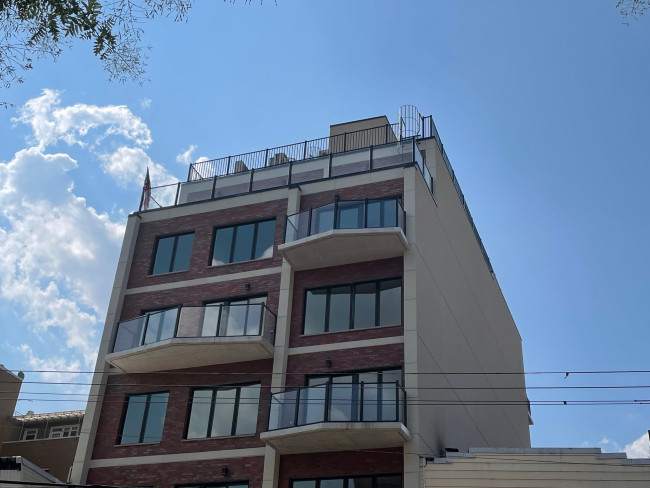If you need financing to buy AND renovate in NYC, here are the types of loans you can get
- When buying a co-op, you'll need to convince the board to allow you to borrow based on the unit's future value
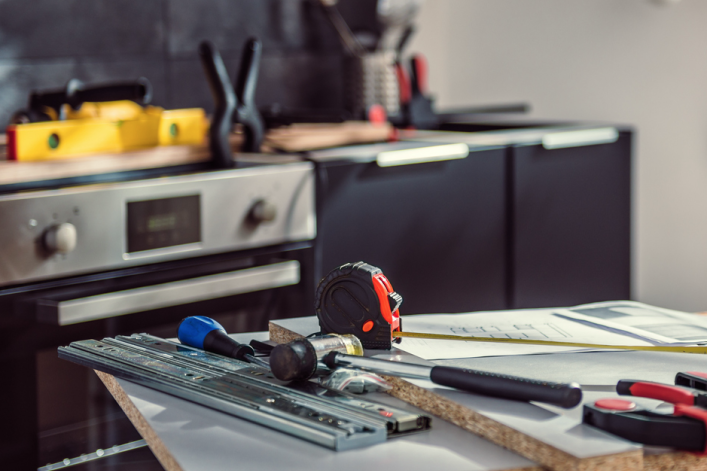
Acquisition renovation loans are easier to get than in years past, even for a co-op.
iStock
Buying an apartment that needs some upgrades is often a way to get a deal in New York City. Fully renovated apartments are pricier, reflecting buyers’ willingness to pay more to avoid the headache of a lengthy renovation.
But if you have the nerve, buying a place that needs work and investing in upgrades is another path to ownership, with the benefit of a custom space that you have increased in value.
If this is the route you're considering, you may want to borrow money not only for the purchase but also for the subsequent renovation. Fortunately, acquisition renovation loans—where the mortgage and renovation loan are rolled into one—are now easier to come by in NYC, even for a co-op. The funds you can access will depend on how much you plan to borrow, your credit, and the type of property you're buying.
[Editor's note: An earlier version of this post was published in October 2021. We are presenting it again with updated information for February 2024.]
Extend your purchasing power
A renovation loan is the most cost-effective way to renovate, says Debra Shultz, vice president of lending at CrossCountry Mortgage.
“A buyer on a budget probably can’t renovate with their own funds,” Shultz says. “They would likely have to use a credit card with a high interest rate. Why not borrow the money as part of the mortgage loan at a much lower rate?”
How much can you borrow? A buyer’s maximum loan amount is determined by their monthly mortgage payment and other debt payments versus their income, Shultz explains.
For example, let’s say you are purchasing a co-op for $800,000 that needs $200,000 worth of renovations. The co-op would have a future value of at least $1,000,000 or more, Shultz says.
Most co-ops require 20 percent down. At this sales price, it would mean a $640,000 loan amount with an 80 percent loan-to-value ratio.
But you need to borrow more than that so you can finance the renovation costs. So you need to take the $800,000 price and add the $200,000 renovation budget and multiply it by 80 percent for a $800,000 loan amount.
Get your board on board
“The board needs to allow the buyer to borrow based on the future $1,000,000 value. The appraisal, which can be provided to the board, will verify the future value once renovations have been completed,” Shultz explains.
Your co-op will need to issue a letter approving renovations post-closing before the loan can be sent to underwriting, she adds.
“We can issue a commitment letter quickly, but need preliminary plans and specs from a contractor before we can order the appraisal. A sketched floor plan is fine. They do not have it approved by the city and they can use any contractor they want, as long as they are licensed and insured,” Shultz says.
Other mortgages with renovation loans
Programs like the HomeStyle Renovation Mortgage—a Fannie Mae product—allow you to buy and use additional funds to finance appliances, flooring, paint, and other interior upgrades. There are some hoops to jump through—for example, you have to go through counseling with the Department of Housing and Urban Development but if you have a lower credit score, this might be a good route.
There's also the Federal Housing Administration Limited 203(k) Mortgage, which has a similar format to the HomeStyle reno loan. It's not available for co-ops and if you're buying a condo that needs some work, as with all Fannie Mae products, the building needs HUD approval.
This type of mortgage allows buyers to finance up to $35,000 to upgrade their property.
Looking to buy a co-op apartment? National Cooperative Bank offers competitive rates and easy pre-qualification. With 40 years of lending to buyers in New York City, NCB is the bank for co-ops. After all, Cooperative is our middle name! Call us at (202) 349-7455 or email Ryan Greer rgreer@ncb.coop #507534. Equal Housing Lender.
In the past, renovation acquisition loans were targeted for single-family homes, but that’s no longer the case. Multi-family homes, where you can renovate additional units to provide rental income, are a large part of this product type, says Pat Lavell, a branch manager at CrossCountry Mortgage.
A program called HUD203(k) permits qualified buyers to buy fixer-uppers with Federal Housing Administration-guaranteed loans, giving buyers access to lower interest rates and increased protections, like the option to include up to six mortgage payments added to the cost of doing the rehab work.
Lavell notes that the 2024 FHA loan limits for high-cost areas like NYC are now up to $1,149,825 for a single unit, $1,472,250 for a two-family, $1,779, 525 for three-family, and $2,211,600 for a four family.
He says that with FHA loans, you need a budget and plan from a licensed general contractor, plus a HUD consultant needs to approve the plan and then follow up as the project progresses.
A similar New York State product is the SONYMA RemodelNY program, which provides financing to qualified first time buyers where the purchase and renovation are rolled into one mortgage. It is available for condos and one- to four-unit properties.
Accessing a HELOC
Another option is home equity line of credit, known as a HELOC. This product allows you to borrow against your property and functions more like a credit card. You pay interest on the loan and only pay when you start using the line of credit.
With a HELOC, you're borrowing against the equity in your home so it's often popular with owners who have had their place for a while, built up equity over the years, and want to borrow against that. However, it can still work if you need to renovate immediately or within months of closing.
—An earlier version of this article contained reporting and writing by Emily Myers.
You Might Also Like














